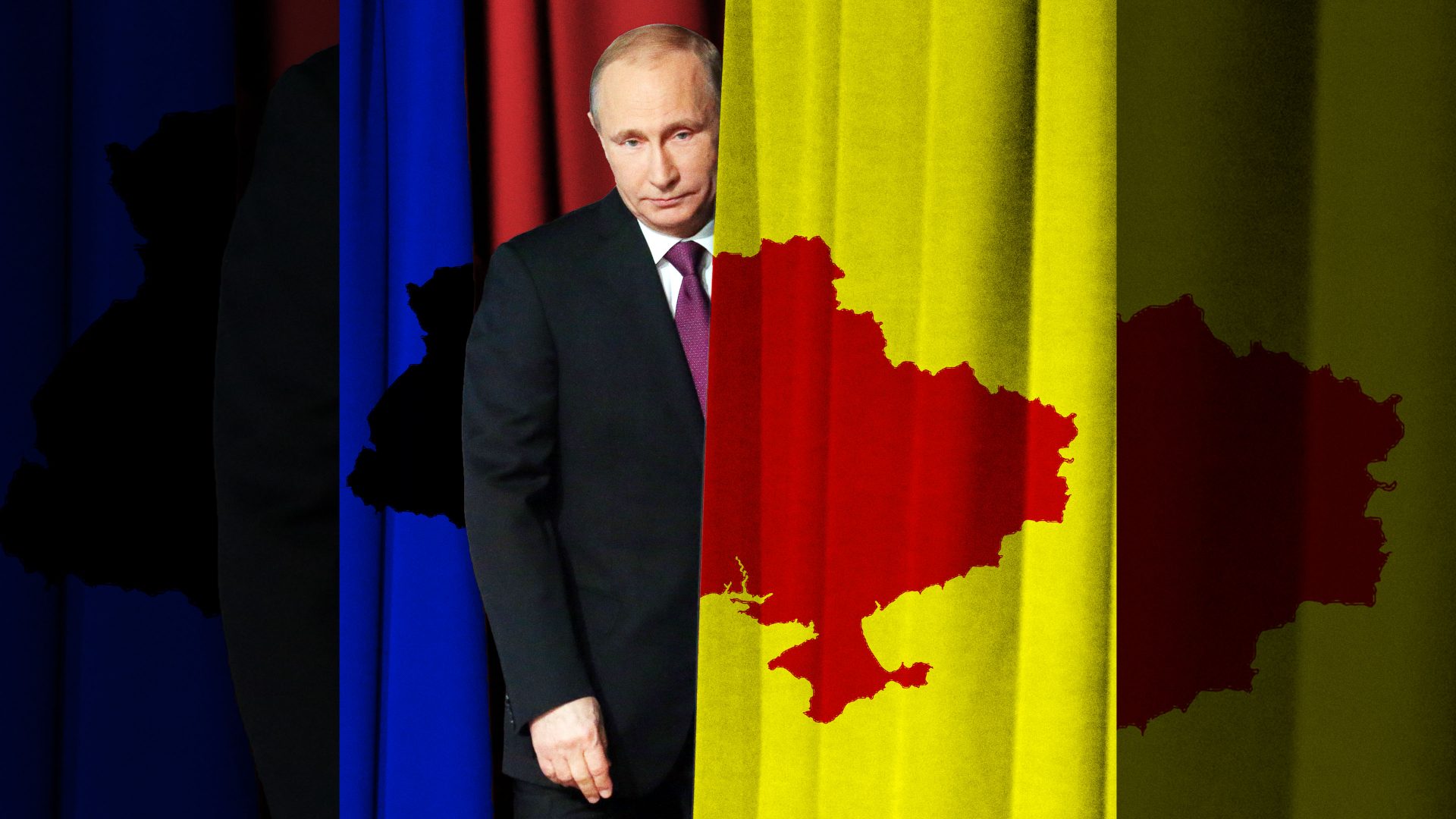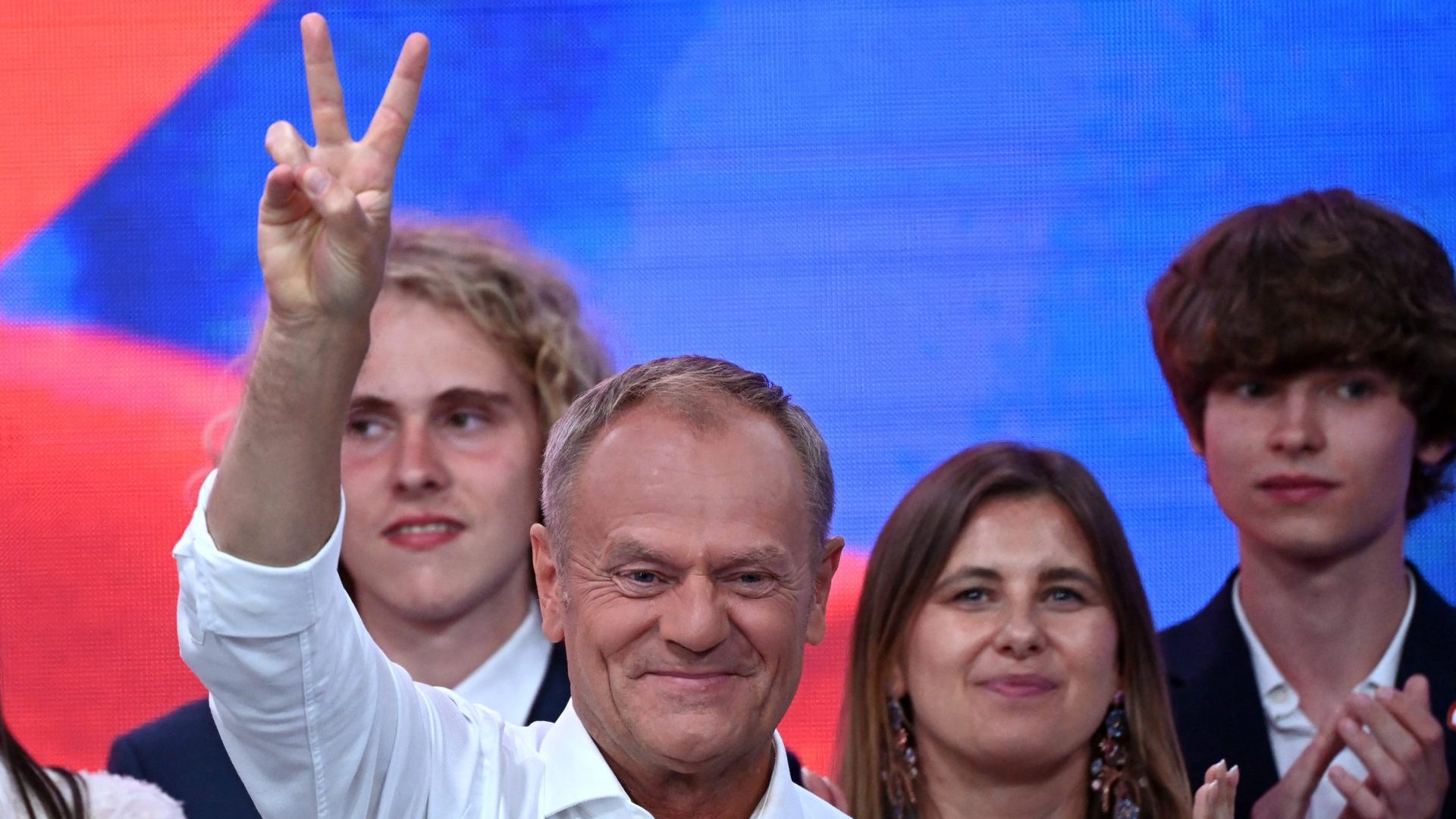As the first Storm Shadow missiles landed in Russia, the UK waited nervously to see how Vladimir Putin might react. In some cases, loud support for Ukraine’s valiant fight was quietly being finessed with the view that “It’s not our war – and we don’t want it to become so.”
But while Donald Trump espouses this view, and his imminent arrival in the White House has clearly provided President Biden, in his last weeks in office, with the impetus to step up support for Ukraine, this is a war which has potentially massive impacts throughout Europe.
If Ukraine were to be vanquished, many millions of refugees would flee. People in neighbouring Baltic states, understandably fearing that a conquering Putin would be continuing his rampage, would join the exodus.
The possibility of a Russian victory can effectively be seen as unleashing a new refugee crisis that would multiply that symbolised by the ‘small boats’ on which politicians currently focus so much attention.
So the prospect of a Trump White House withdrawing support from Ukraine is focusing governmental minds on what could be done to bolster Ukraine’s efforts were input from the United States to drastically diminish or vanish altogether.
Hence the growing clamour for the west to be braver about seizing Russian assets and putting them to work for Ukraine. At least $300 billion of Russian reserves have been frozen since the start of the war.
Fighting a war is very expensive and Ukraine badly needs financial help. Pressure to hand over those reserves is now really mounting.
Leading the campaign for the money to be released is Bill Browder, whose experience of investing in Russia turned him into an apparently fearless human rights activist. Browder’s Hermitage Capital prospered in Russia until it fell foul of the authorities, was landed with fictitious but ruinous lawsuits and fought back. His young lawyer, Sergei Magnitsky, was jailed, and died there, at which point Browder went to war against the state.
He has successfully pushed many legislatures into enacting versions of the Magnitsky Act, enabling those complicit in human rights abuses to be sanctioned, losing travel rights and having their assets frozen. Now Browder is using his platform to amp up the calls for those Russian reserves to be seized by the western authorities.
There had always been a strong argument in favour of the money being made available for reparations once the war was over, to contribute to repairing the immense physical damage that Ukraine has suffered. After more than 1000 days of war, the task of restoring essential infrastructure alone is desperately daunting. But the growing demand now is for the money to be made available to help fund Ukraine in its fight.
Such action would not only enable Ukraine to replenish its vanishing stock of armaments and pay its fighters and its escalating numbers of casualties. It would serve to demonstrate to Trump that other countries are resolved to continue refusing to countenance Putin’s aggression and not simply rely on US coffers to carry the bulk of the cost, an imbalance which has long rankled with the president-elect.
Much of the Russian riches are held in the Brussels-based Euroclear but a significant tranche, estimated to be at least a tenth of the total, is in the UK. While there was unanimity about the need to freeze the reserves, the issue of releasing them has not, yet, elicited agreement across the G7.
The major argument against release is that it would be against the principle of sovereign immunity, a concept which governs relations between states. But the idea that a country cannot commit a legal wrong and is therefore immune from prosecution presupposes that regimes, however rogue, will not export their worst practices into other countries. Flouting traffic laws and tearing up parking tickets has long been tolerated, albeit grudgingly, as the prerogative of diplomatic missions but there have to be limits to the get-out clause of sovereign immunity.
Agents of the Russian government have murdered on British soil, usually doing away with the intended target such as Alexander Litvinenko but, in Salisbury in 2018, the ultimate victim of the poisoning attack aimed at a former Russian double agent was an innocent, unconnected, British woman.
War has its own rules but, as far as its reserves are concerned, the UK could surely argue that Russia had shown contempt for the laws of the UK and forfeited its right to sovereign immunity. And if the UK were to act unilaterally and release an initial tranche of the Russian money that is held there, other European countries might be encouraged to do the same.
The arguments in favour of this stance are overwhelming. While Ukraine might have to come to terms with permanently losing Crimea, certainty that the entire country was coming under Russian control would precipitate a flood of refugees. A figure as high as 25 million is being bandied around but even if the number were much smaller, Europe could not cope.
Add to that exodus the fears that would reverberate around Ukraine’s neighbours and send their people running to escape potential attack by the Russian bear. The case for speedy action to bolster Ukraine’s brave battling becomes overwhelming.




